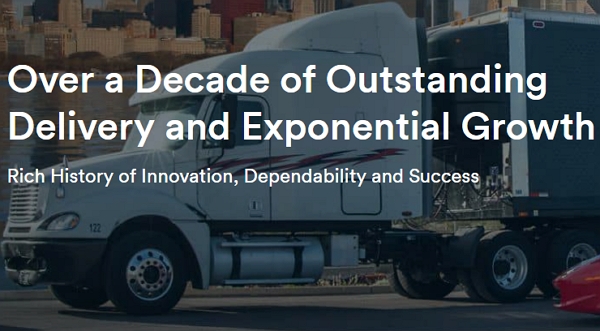|
Technology has a major influence on the auto industry, on both a micro and macro scale. For individual companies, certain technologies on the market today make it more advantageous for consumers to buy their cars than those of their competitors. In addition, the price of oil has had a significant impact on how car manufacturers have made technological advancements across the board.
Montway Auto Transport

| The increasing prevalence of technology has affected which cars they purchase for individuals. Automatic transmission is now standard on many models. Bluetooth compatibility is prevalent across all age groups of automobiles. Even Apple Carplay has made its way into today's more high-tech cars. Price points of technologies have also influenced how car companies design their cars. For example, Ford has made it a priority to decrease the weight of their vehicles in recent years to offset savings consumers can get from using less gas (and spending less money at the pump).
When individuals purchase cars, they often look for something cost-effective and pleasing aesthetically. This means companies have to pay attention to how they want their vehicles to look and not neglect the fact that the car has to be technologically up-to-date.
Also, aerodynamics has become an increasingly important factor in designing cars in terms of exterior car design. With the advent of more fuel-efficient vehicles, manufacturers have had to find ways to reduce drag on the car to move through the air with less resistance. This is why you often see cars with sleek and smooth designs. They are more aerodynamic and thus easier on the car's engine. The price of oil is another large-scale factor that has influenced the auto industry in terms of technology. In recent years, as the price of oil has increased, so too has the demand for fuel-efficient cars. This has led to the development of smaller and more efficient engines and other fuel-saving technologies such as engine start-stop. While autonomous driving has been a relatively new technology, car companies have shifted their focus on this for a few years now. For example, many automakers are developing automated safety features to detect pedestrians or objects near or in the car's path and take corrective action.
This shift towards automated safety features is in response to traffic fatalities that have been on the rise in recent years, with over 37,000 people dying in car accidents in 2016. By including automated safety features in their cars, automakers hope to reduce this number and make our roads safer for everyone. With cars becoming more and more fuel-efficient, the number of hydrocarbon and carbon dioxide emissions resulting from the burning of gasoline has decreased. For example, almost all major automakers have committed to reducing their overall fleet emission by about 25% by 2025 (compared to their emissions in 2020).
This commitment is in response to the fact that both hydrocarbons and carbon dioxide levels have been linked to climate change. By reducing these emissions, car companies are helping the environment and mitigating the long-term effects of climate change. With the price of oil down and environmental concerns at an all-time high, electric cars are becoming more attractive options for consumers. This year, electric vehicles have become an increasingly prevalent topic in the auto industry.
For example, Tesla Motors has unveiled its new all-electric semi-trailer truck this month, and Volvo has announced that it will only manufacture electric or hybrid cars starting in 2020.
Car shipping in Michigan has automated the purchasing and shipping process. Your car will go through a detailed inspection. The professionals will load the vehicle onto the carrier. The carrier will have a secure area to keep your car while in transit.
You will be able to track the progress of your car every step of the way. When it arrives at its destination, you will be able to pick it up at the carrier's nearest terminal.
In conclusion, technology has had an enormous impact on the auto industry regarding car design, fuel efficiency, safety features, and pollution. As oil prices continue to fluctuate and environmental concerns increase, it will be interesting to see how technology evolves in the auto industry.
|